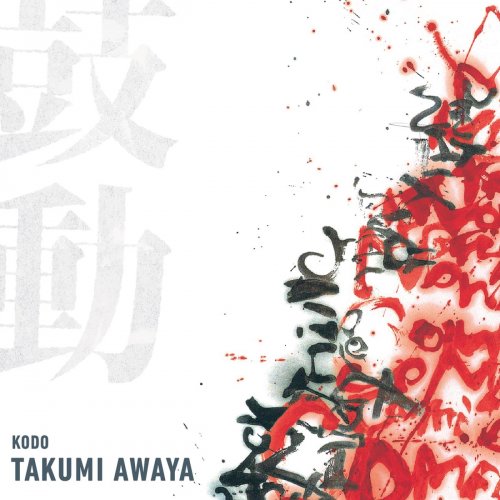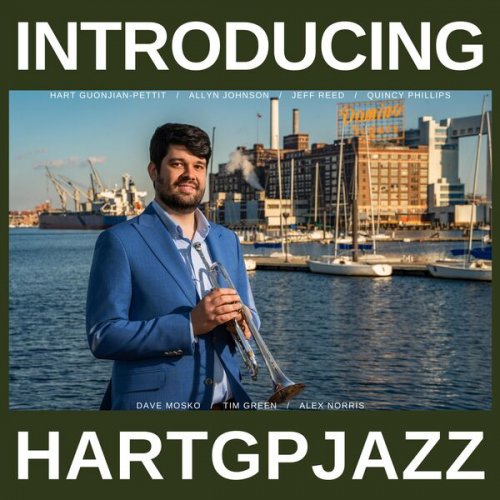The Raincoats - Looking in the Shadows (1996)
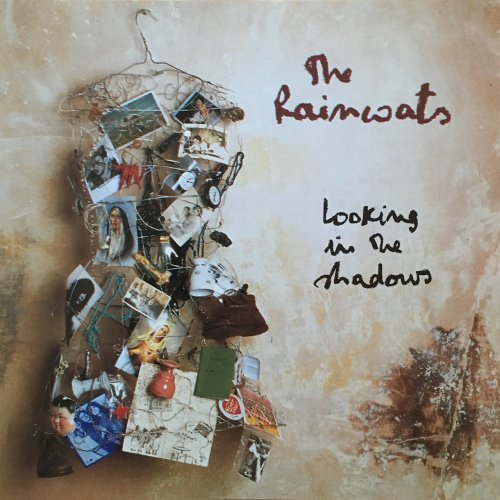
Artist: The Raincoats
Title: Looking in the Shadows
Year Of Release: 1996
Label: Rough Trade
Genre: Alternative Rock, Post-Punk
Quality: FLAC (tracks) / MP3 320 Kbps
Total Time: 47:55
Total Size: 321 / 125 Mb
WebSite: Album Preview
Tracklist: Title: Looking in the Shadows
Year Of Release: 1996
Label: Rough Trade
Genre: Alternative Rock, Post-Punk
Quality: FLAC (tracks) / MP3 320 Kbps
Total Time: 47:55
Total Size: 321 / 125 Mb
WebSite: Album Preview
01. Only Tonight (3:31)
02. Don't Be Mean (4:00)
03. Forgotten Words (3:36)
04. Pretty (4:18)
05. Truth is Hard (2:58)
06. Babydog (5:06)
07. You Ask Why (3:59)
08. 57 Ways to End It All (5:32)
09. So Damn Early (4:13)
10. You Kill Me (3:59)
11. Love a Loser (3:31)
12. Looking in the Shadows (3:14)
Say what you will about Kurt Cobain, his say-so got an awful lot of records reissued. He cited the naïve punk trio the Raincoats as a favorite band, and even invited the group to re-form so they could be the opening act on Nirvana's 1994 world tour -- which, of course, never happened. Original members Gina Birch and Ana de Silva reformed the band anyway, with new members Anne Wood on violin and bass and Heather Dunn (ex-Tiger Trap) on drums. Cobain's label, DGC Records, reissued the group's three studio albums from their original late-'70s/early-'80s existence in 1995, and the following year brought Looking in the Shadows, the first new Raincoats album since 1984's Moving. Doctrinaire fans of the clattering chaos of the original Raincoats might be a bit put off at first by the professionalism and, dare we say it, competence of this album; while far from slick, Looking in the Shadows is nowhere near as willfully amateurish as, say, Odyshape. The choice of Dunn as the group's new drummer suggests that Birch and de Silva have been listening to a lot of K Records releases, and the shambling, occasionally cutesy pop songs strewn about this album bear that out. Meanwhile, more experimental tracks like the noisy but compelling "Don't Be Mean" and surprisingly pretty efforts like the shoegazery "57 Ways to End It All" widen the album's stylistic scope considerably. the Raincoats broke up again following the release of this album, which is a shame because Looking in the Shadows suggests that they were as vital in the mid-'90s as they had been in the early '80s.
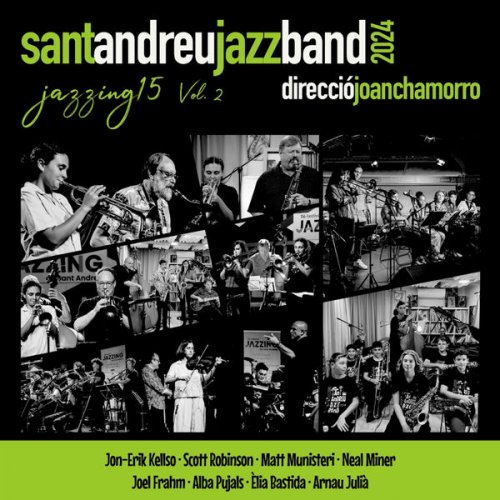
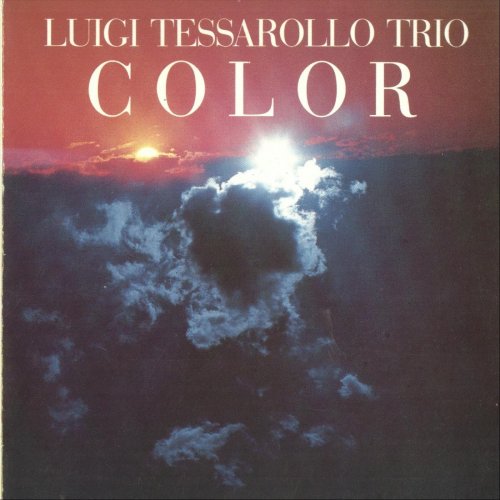
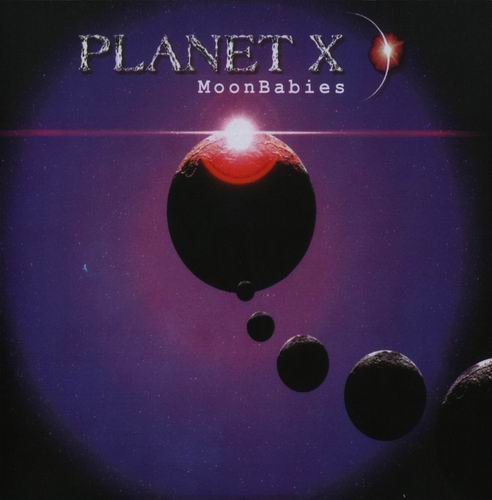
![Sibel Köse Septet - In Good Company (2025) [Hi-Res] Sibel Köse Septet - In Good Company (2025) [Hi-Res]](https://www.dibpic.com/uploads/posts/2025-12/1765846644_uizwujac4ht2d_600.jpg)
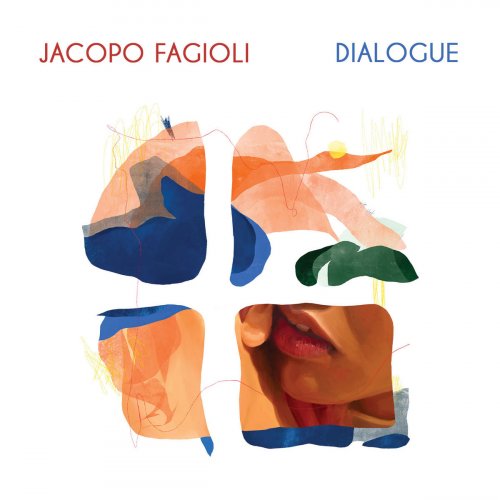
![Koldo Munné & 1520's Ensemble - Live at Jamboree Live Music (2025) [Hi-Res] Koldo Munné & 1520's Ensemble - Live at Jamboree Live Music (2025) [Hi-Res]](https://www.dibpic.com/uploads/posts/2025-12/1765846749_ck2b0xbsb8jna_600.jpg)
![Nectar Woode - Live at Village Underground (Live At Village Underground) (2025) [Hi-Res] Nectar Woode - Live at Village Underground (Live At Village Underground) (2025) [Hi-Res]](https://img.israbox.com/img/2025-12/15/eiazyx7yigt2lhbv1tcd3eos6.jpg)
